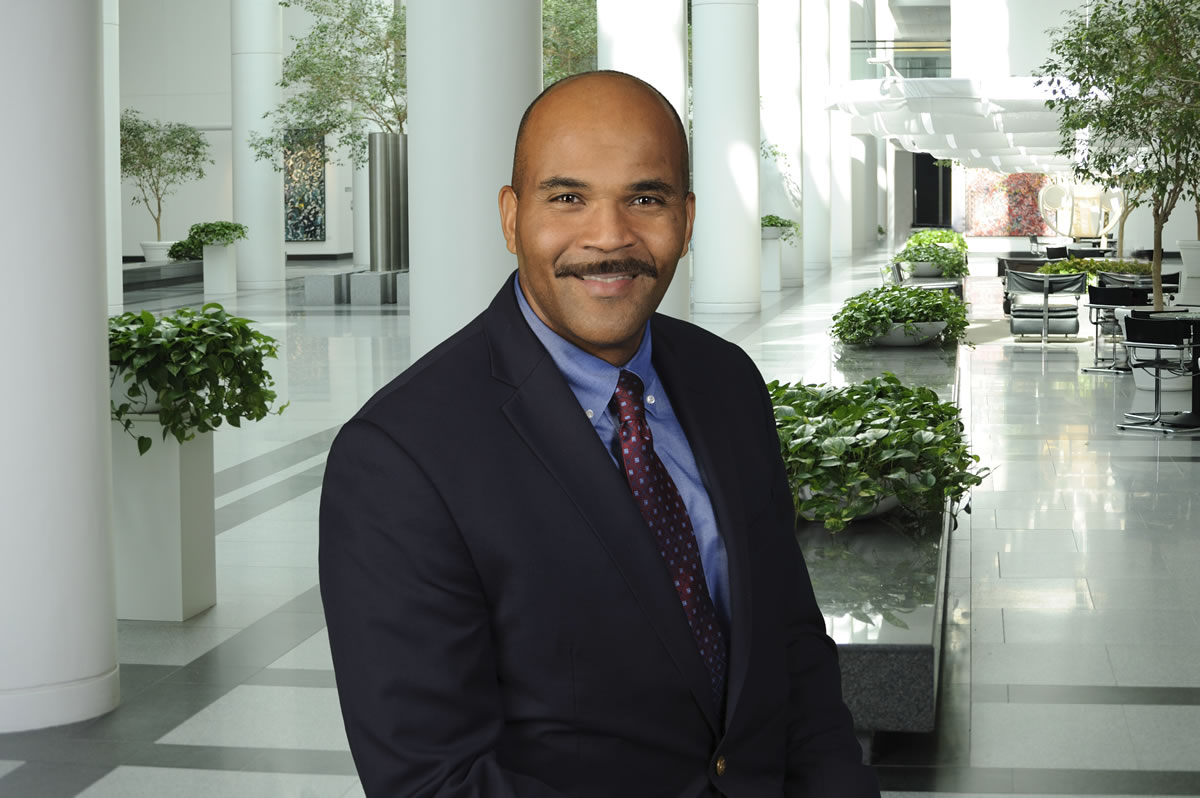A pretrial conference is a meeting of the parties to a case conducted prior to trial. The conference is held before the trial judge or a magistrate, a judicial officer who possesses fewer judicial powers than a judge. A pretrial conference may be held prior to trial in both civil and criminal cases. A pretrial conference may be requested by a party to a case, or it may be ordered by the court. Generally, the term pretrial conference is used interchangeably with the term pretrial hearing.
A pretrial conference may be conducted for several reasons: (1) expedite disposition of the case, (2) help the court establish managerial control over the case, (3) discourage wasteful pretrial activities, (4) improve the quality of the trial with thorough preparation, and (5) facilitate a settlement of the case.
Pretrial conferences are conducted in criminal cases to decide matters that do not inquire into the defendant's guilt or innocence. In Georgia, state courts use the pretrial conference in criminal cases to decide such preliminary matters as what evidence will be excluded from trial and what witnesses will be allowed to testify. The pretrial conference is where the defense attorney has the opportunity to argue any motions to exclude certain prejudicial evidence (i.e. motions to suppress).
Generally, the substance of a pretrial conference for a criminal case is the same as that for a civil case. At the conference the judge or magistrate may make rulings on pre-trial motions, eliminate repetitive evidence, and set schedules. If a preliminary issue arises after the pretrial conference, a party may request a special pretrial hearing with the court to address the issue. Typically, whatever is not addressed at the pretrial hearing is resolved in court on the first day of trial, out of the presence of the jury, in a motion in limine.
All cases are guided by procedural rules that allow parties to obtain relevant evidence from other parties. The process of turning over evidence is called discovery, and the rules that apply to obtaining evidence are called discovery rules. In a criminal case, discovery generally refers to the right of the defendant's attorney to have access to information necessary to prepare a defense. Discovery issues are a common topic in pretrial hearings. Discovery orders that were issued prior to a pretrial conference may be reviewed for compliance at a pretrial conference, and new discovery orders may be issued after a pretrial conference.
Criminal defendants enjoy more procedural protections than do civil defendants, and the judge or magistrate must be careful to protect those rights. Generally, no criminal defendant who has requested assistance of counsel may be required to attend a pretrial conference without an attorney. No admissions made by the defendant or the defendant's lawyer during the conference may be used against the defendant in a trial unless the admissions are written and signed by the defendant and the defendant's attorney.
The judge or magistrate assigned to the case can choose to hold a pretrial conference, but the denial of a pretrial conference may be an unconstitutional denial of due process rights. For example, in a criminal case, a defendant has a due process right to a pretrial hearing when the defendant claims that a prosecutor has breached a plea agreement (United States v. Ataya, 864 F.2d 1324 [7th Cir. 1988]).
Criminal defendants must raise some issues before trial in a pretrial motion. Pretrial motions are specific requests for favorable orders from the court on particular issues. In Georgia, a defendant often loses the opportunity to raise the following issues if they are not raised prior to trial: defenses and objections based on defects in the indictment or formal charging instrument; requests regarding discovery, or disclosure of evidence; requests to suppress or exclude from trial potential testimony or other evidence; requests for severing the trial in cases involving codefendants; requests for the dismissal of the case; and requests for transfer of the case to another jurisdiction.
Similar requirements are imposed on prosecutors. The prosecution must tell the defendant prior to trial of its intention to use certain evidence, such as evidence obtained as a result of a search or seizure, wiretap, or other electronic surveillance mechanism; evidence culled from a confession, admission, or statement made by the defendant; and evidence relating to a lineup, show-up, picture, or voice identification of the defendant.
Over the years, as courts became more crowded, the calendar call and pretrial conference became more important. Pretrial conferences save valuable time for courts and jurors by narrowing the focus of the trial and resolving preliminary matters. They also assist the court in the fair and impartial administration of justice by facilitating discovery and reducing the element of surprise at trial.
Pin It




